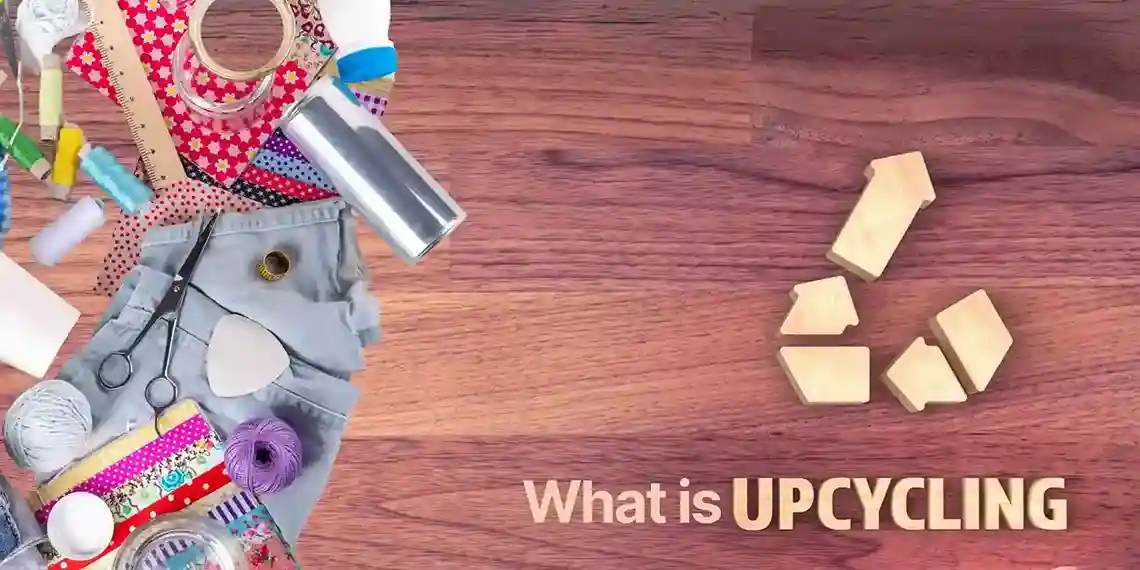Upcycling is a creative and environmentally conscious process that transforms waste materials or unwanted products into new materials or product of better quality and environmental value. It is a key component of sustainable practices, aiming to reduce the consumption of raw materials, minimize waste, lower greenhouse gas emissions, and reduce the environmental footprint.
Benefits of Upcycling
Environmental Impact
Upcycling significantly reduces the volume of discarded materials that contribute to landfill overflow and pollution. It also cuts down on the demand for new raw materials, thereby saving natural resources and reducing carbon emissions associated with manufacturing and transportation.
Economic Advantages
Upcycling can lead to economic benefits by creating new job opportunities in design and manufacturing sectors. It also opens up new markets for upcycled goods, appealing to consumers interested in eco-friendly products.
Cultural Significance
Upcycling encourages a cultural shift towards sustainability. It raises awareness about the lifecycle of materials and promotes creativity and innovation in everyday life. By valuing waste as a resource, upcycling can change consumption patterns and foster a more sustainable mindset among individuals and communities.
Innovation and Creativity
Upcycling provides a platform for creativity, allowing individuals and businesses to reimagine the use of materials. It encourages innovative uses for old items, turning them into functional, stylish, and unique new products.
Hara Makers
At Hara Makers, upcycling isn't just a method—it's our mission. We transform a variety of materials, from plastic and fabric scraps to food waste, into valuable new products. Our projects include everything from crafting durable items out of discarded plastics to turning organic waste into natural pesticides and compost.
We integrate upcycling into our daily operations to showcase its practical uses and inspire sustainable practices that benefit everyone—environmentally, economically, and socially
